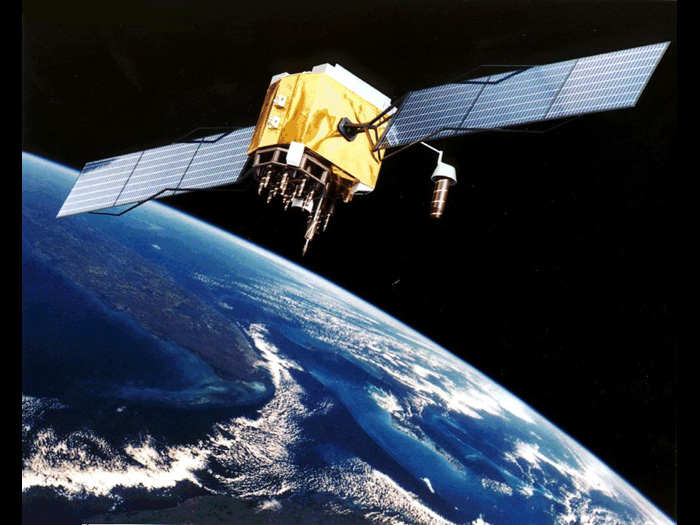Galileo beats GPS for future sat nav apps
European navigation system will appeal to emergency services

The battle lines between tomorrow's sat nav systems are being drawn today - and Europe's Galileo system has key advantages, say German researchers.
Scientists at the Frauenhofer Institute have designed a localisation system that connects satellite-based positioning systems with terrestrial locating aids and new sensory systems.
The new systems are all civilian operations, working on locating people and goods in industry, commerce, transportation and mobility.
Galileo vs GPS?
The researchers are using the Galileo satellite navigation system, which, unlike the Pentagon's GPS, is not controlled by the military. This allows them to create special services for civil applications, for example in rescue missions.
"When analysing target groups such as logistics, travel assistance or security services, it quickly becomes clear that the tasks of the system architecture are similar," says project manager Werner Schönewolf. "Similar structures and contents are required – for instance, data on where a person is located, sensors that indicate the concentration of harmful gases, or terminals that act as clients. It is our goal to offer a universal software architecture."
A person traveling by train in the future could be directed to the right connecting train via mobile phone without having to explicitly operate the device. "This is possible through context recognition in the mobile device. We connect the travel plan details with the positioning system, allowing people to navigate through even the most complex locations," Schönewolf explains.
Get daily insight, inspiration and deals in your inbox
Sign up for breaking news, reviews, opinion, top tech deals, and more.
The researchers are also testing combined receivers for various satellite systems, for improved accuracy and true worldwide coverage. That's not a bad plan - the European Court of Auditors recently criticised the much-delayed Galileo system as "lacking a strong strategic sponsor" and having "unrealistic" funding plans.
Although test satellites are working, none of Galileo's proposed 30 live satellites have been launched yet. The constellation is planned to be up and running by 2013.
Mark Harris is Senior Research Director at Gartner.